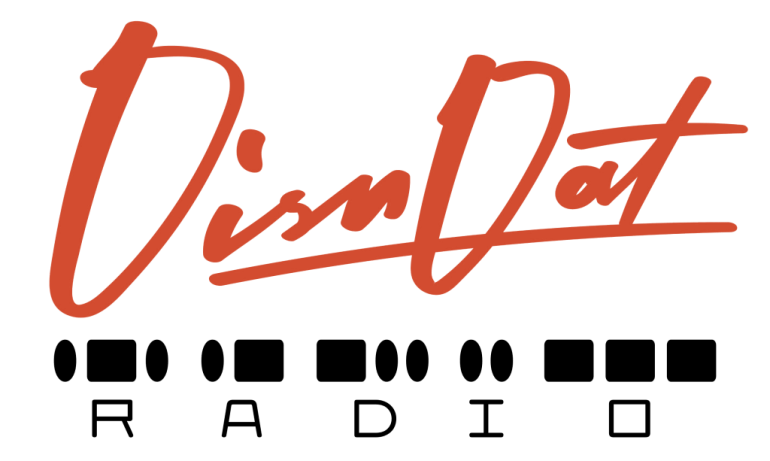
Listeners:
Top listeners:
-
 play_arrow
play_arrow
DisnDat HITZ DisnDat HITZ
-
play_arrow
Warlando Hitz Warlando Hitz
-
 play_arrow
play_arrow
DisnDat Tunez Reggae,Dancehall and Afro Beats
Written by contributing writer: Steve Leslie
Van Halen to Garth Brooks
In the mid to late 1980s I was living in Tallahassee, Florida and teaching guitar lessons. At that time, many of my students were into rock guitar tapping techniques, when almost overnight, they traded in their electric guitars and Van Halen T-shirts for acoustic guitars and cowboy boots. It was the beginning of the Nu Country Craze, and it wasn’t long before the back alleys of Nashville were paved with Gold and Platinum records, and flowing with Garth and honey.
I moved to Nashville in 1992 and signed my first staff-songwriting deal two years later with EMI Music Publishing. At that time there were over thirty record labels and two-hundred publishing companies, large and small, employing over four-thousand signed songwriters. Most of the ones I worked with were “true” songwriters, meaning not “artist-writers.”
A Typical Co-Writing Session in the 1990s
As a professional songwriter in 1994 most days went something like this:
- 10am: Meet your co-writer at either your or their publishing company. (It was rare to write with more than one co-writer at a time.)
- Settle in with a cuppa coffee. Break out the acoustic guitars.
- “So, what do you feel like writing today?”
- “I heard someone say this in a movie over the weekend…”
- “Yeah, sounds like a George Strait kinda thing”
- 1pm: “Let’s grab lunch and finish the Bridge.”
- 3pm: “Great Bridge! Sounds like a hit!”
After you’ve written your song it’s time to do a demonstration recording (demo). You can do a simple guitar-vocal or piano-vocal recording, but most often a “full” demo session was required.
A Typical Demo Session
After getting the go-ahead from your publisher, your co-writer, and your co-writer’s publisher, it was time to put together a session:
- Select the “best” (most commercial) 4-5 songs
- Hire a session-leader to book the musicians and write the song charts (chord charts and arrangements). Most songwriters didn’t (couldn’t) write their own charts, while some did play on their sessions.
- Book the studio. Most sessions used music union players Monday through Friday in 3-hour blocks: 10am, 2pm, 6pm.
- Record 4-5 songs. I’ve gotten 6 before, and I know one songwriter who typically got 7-8!
- Book the studio to overdub vocals. Unless you or your co-writer is a great singer, a demo singer is hired. If background vocals (bgvs) are needed the demo singer or bgv specialist is hired.
- Hire someone to mix the songs. 1-3 weeks later pick up your session (on tape and then CD).
After musician costs, studio space, engineer, demo singers, bgvs, cartage (instrument delivery), piano tuning, and final mix, you were looking at final costs from $800.00 to $1,000.00 per song.
Typically you and your co-writer’s publishing companies paid for half, and the rest was recoupable from any future earnings, meaning no immediate out-of-pocket expenses. After picking up your session and listening to it 800 times, you met with one or more “song pluggers” at your publishing company. The group listens for possible artist “pitches” based on a current “Who’s Looking List.”
Although I’ve been on a number of song pitch meetings back in the day, they were usually conducted by your plugger with someone at the label, an artist’s manager, producer, or the artist themselves.
A Typical Song Pitch Meeting
- “Good morning, Chris! Can I get you anything?”
- “No, Thank you! I’m just excited to play some hit songs for (artist name).”
- 1st demo plays: Verse One, Chorus…Stop.
- 2nd demo plays: Verse One, Chorus…Stop.
- 3rd demo plays: Verse One…Stop.
- 4th demo plays: Verse One, Chorus, Verse Two, Chorus…Stop.
- “Cool! Let’s put this one on “Hold.”
A “Hold” means “Don’t play this for anyone else until I get a response from (eventually) the artist.”
- 5th demo plays: Verse One, Chorus…Stop.
- “Thanks for coming in, Chris. I’ll let you know what I find out!”
The years I spent as a staff-songwriter for EMI Music Publishing, and later, Stage Three Music Publishing, were good one’s for untested songwriters who had never gotten any major cuts. If someone with credibility recommended you for a staff position, that was about all it took. It was more or less understood that you had about two years to prove yourself or your contract was not “picked up” again. And speaking of contracts:
A Typical Songwriter Contract
A typical songwriter’s first contract circa 1994-2004 contained provisions that included the following:
- Exclusive rights to all songs written during the “term” belong to publishing company.
- “Schedule A” required upon signing. Schedule A is a list of songs that you are “bringing in” to the deal; the ones that got you the deal in the first place, plus all the ones you wrote in High School.
- Two years (employment) “up front” with the publishers “option” to “re-up” for another term.
- A Demo budget of $500.00 per song split between you and your publisher. Overages were charged to your account. All “writer’s share” of demo costs were “recoupable” from all “royalties” except “writer’s share of performance income” through BMI, ASCAP, and SESAC.
- Minimum song delivery commitment (Song Quota) of at least 12 “Full New Compositions.” That’s 24 co-written.
- “Advances” payed by publisher to writer in the range of 12k-15k.
- Writer’s responsibility for any incurred costs resulting from copyright infringement lawsuit.
That was Then. This is Now.
Today, in Nashville, there are four major record labels, and a smattering of small independent labels, all being serviced by as many major publishing companies, and relevant independent ones. While sales of physical product (CDs, vinyl, and mp3s) are hardly worth accounting for, and streaming pays the songwriter such a minuscule amount, spins at radio have become the only game in town. With this scarcity model in place, co-writing has become as much a strategic alliance as a creative one.
A Typical Co-Writing Session Today
As a professional songwriter now, most days go something like this:
- 10:30am: Meet your co-writers at either your or their publishing company, or in front of your computer for a Zoom call. (It’s rare to write with less than two co-writers at a time.)
- Settle in with a cuppa coffee. Break out the acoustic guitars.
- “It’s nice to meet everyone. I’m glad our publishers got us all together. Congratulations on your record deal, you have to be excited!”
- “So, what kinda song do you need for your record?”
Instead of two seasoned writers in a room, writers who have forged a unique musical relationship by drawing on each other’s strengths over many years of working together, writers who can finish each others thoughts, you now have three or more participants: the “artist,” “track-guy,” two “real writers,” and sometimes the “producer.” Quite often, everyone’s meeting for the first time.
Most pro-writers in the music industry tell me they would never get in the books these days with a fellow colleague unless an artist or producer was part of the co-write. Unless you’re friends with Keith Urban or Luke Bryan, oftentimes the “artist” in the room is someone commercial radio has never heard of…”yet.”
Today, recording artists are “encouraged” by their labels and publishing companies
to co-write. Many are under a 360-degree deal with the label, whereby the label recoups expenditures from a variety of artist income sources like publishing. I’ve had more cuts co-writing with artists than by any other means, and my experiences were usually good ones; the artists were talented writers, motivated and enthusiastic, and an inspiring presence in the room. But there are horror stories!
On the outside it may seem that writing with the artist increases your chances of getting a cut, but after co-writing for a new project, the artist may have 100+ songs to choose from, and your chances are about the same as not writing with the artist.
It’s a well known fact that with an artist co-write, and he/she doesn’t record your song, chances are no one else will either.
A Typical Demo Session
These days in a co-writing session, one or more of the writers are often skilled “track guys” building the basic rhythm parts from the ground up. Add a couple acoustic guitars, some convincing vocals, and Voila’! Demo! Full sessions with live musicians still happen, but its uncommon; publishers save a boatload of money, and new songs hit the streets same day.
A Typical Song Pitch Meeting
If you’ve written with the artist, the artist becomes your “song-plugger.” Depending on how many songs they’re recording that day, which ones they and the label like best, and how much publishing on each song the artists has, you may get a call from your publisher that so-and-so has recorded your song: “Let’s hope it makes the record!” “Let’s hope the record comes out!” “Let’s hope you get a single at radio!”
In some cases, the best song does win, whether written with the artist or not. In situations like these song-plugging hasn’t changed much, although, face-to-face meetings have generally been replaced by mp3 email submissions and zoom calls. Either way, it’s still who you know and who knows you.
A Typical Songwriter Contract
Typical first-time songwriter contract provisions are much the same as before (see above), except for a small bump in pay. Things can get interesting if you are also a signed artist, the producer, or someone who has written a bunch of songs with an artist of interest. If you have co-written songs with an artist it might serve you better to forgo a publishing deal, and wait, (and wait), for your song to get traction and eventually start earning some money. At that point, the publishers will come calling anyway, and you might be in a better negotiating position.
Don’t Move To Nashville
That is, if you’re having dreams of becoming a staff-songwriter at a major publishing company; those jobs don’t exist anymore, not in the traditional Tin Pan Alley, Brill Building, Music Row sense. When the music publishing pie was much larger than it is today, there were plenty of cuts to go around, and mostly the best songs won. Not anymore. If all parties involved: artist, label, producer, writers, don’t have a level of income participation in the song, chances are they won’t record it. Oh, there are few legacy artists who have made so much money and can call some shots who will record an “outside” song, but they’re getting older and taking the old ways of working in the music business with them.
But miracles do happen.
Move To Nashville
Nashville is still the songwriting capital of the universe, and one of the best creative environments on earth. So, if you still have your heart set on making it in Music City today and beyond as a songwriter, I would recommend this:
- Move here
- Get a 615 area code phone number
- Have no plan B
- Have no time limit
- Get a job that you can stand but has no career potential
- Keep your overhead as low as possible
- Go out every night and listen to the competition
- Sign up to play writer’s rounds
- If you don’t play and sing well enough go out anyway. Involve yourself in the songwriting community.
- Listen for the next Carrie Underwood or Morgan Wallen
- Go up and say, “Hello! I’m a new writer in town and love what you’re doing! Would you be interested in writing sometime?”
- Start your own team
- Come up with your own class
- Familiarize yourself with who’s on the radio singing which songs
- If you don’t already know, learn the history of Country Music (Ken Burns’ documentary is a good place to start.) Nothing impresses more than knowledge and respect for an industry you are hoping to become a part of.
- Write. Write. Write. Improve your songwriting skills.
- Co-write. Co-write. Co-write.
- Don’t call publishers for a meeting. If you’re really, really, good, they will eventually call you. It’s still better to be heard about than heard from.
How You Can Get Your Songs Cut In Nashville
Same then as now, it’s about writing great songs and placing them in a situation where they can be heard. Being heard means being in Nashville.
When it comes to writing great songs, here’s some advice: Songwriting is about turning your songs into good songs, and your good songs into great songs. The difference between the two may be less than you think. There are no tricks, no get rich quick formulas; just advice and a list of options.
Oh, and good luck!
About the Author
Steve Leslie is a multiple BMI Award Winner, former Adjunct Professor of Songwriting at Belmont University, Nashville, TN, and in 2013 was one of four internationally selected candidates considered for the Chair of the Songwriting Department, Berklee College of Music, Boston, MA.
Whether you’re a beginner songwriter or an experienced one, we’re here to help you along your journey. Check out our free resources, at the link below!
Written by: admin
Recent Posts
- Kylie Jenner In Skin-Tight Latex Show Every Curve
- Moneybagg Yo Drops $20,000 On Memphis Program To Help Teen Parents Graduate
- DMV Standout Skitta Skat Continues His Rise With ‘Texas Roads’ and Major Industry Co-Signs
- Do the Mocktails at the Dior Cafe Contain Alcohol?
- Vino World Unleashes New Single and Video “Do They Love Me”
Now On Air

Chart
-
1
play_arrowDem Gal Ya Bad
Dexta Daps
-
2
play_arrowJack It Up
Spragga Benz
-
3
play_arrowReggae Dancehall Riddim: Nanny Goat
Buju Banton/Garnett Silk/Sanchez/Tony Rebel/Richie Stephens/Marcia Griffiths/Mad Cobra/General Degree/Nana Mclean/Jack Radics/Terry Ganzie/Thrilla U/Kultra Knox/Dean Fraser
-
Top popular

T.I. Drops Trailer For Christmas Eve Comedy Special “Cheaper Than Therapy”
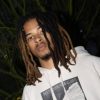
YNG LEGEND Shines Under TIDAL’s Spotlight With New Single “Free Pain!”

Beyoncé Hits Billionaire Status Through Music Empire & Strategic Ventures

Misty Blanco Featured in Rolling Stone Blog Special Edition: A Cultural Milestone
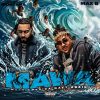
French Montana and Max B Reunite on “Make America Wavy Again,” Announce Coke Wave 3.5: Narcos
Archives
Categories
WE SUPPORT: ARTISTS DJs MODELS ...SUBMIT NOW

STUDIO CLOCK
Copyright All rights reserved
DisNDat Radio
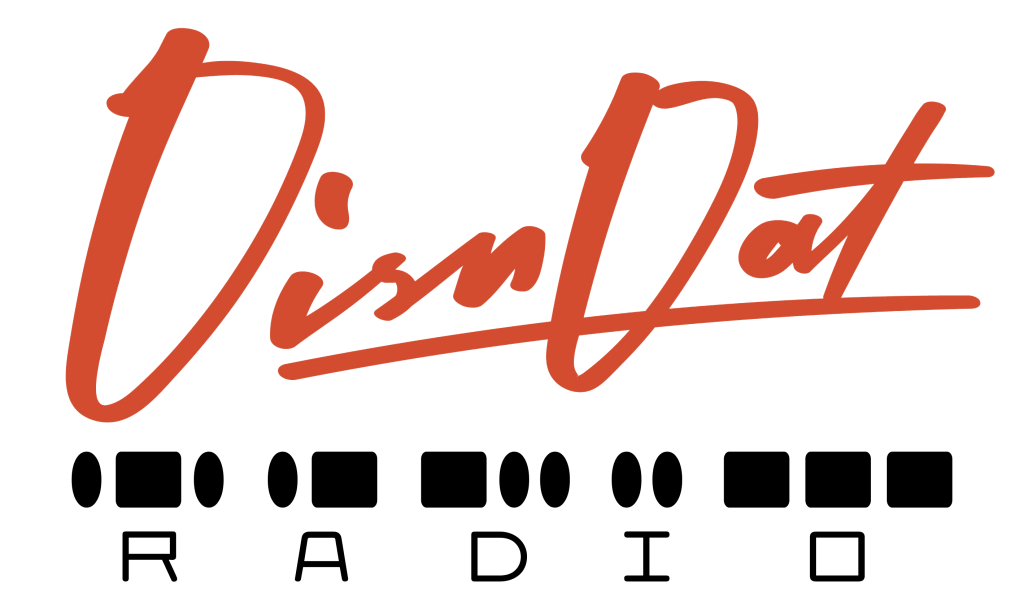
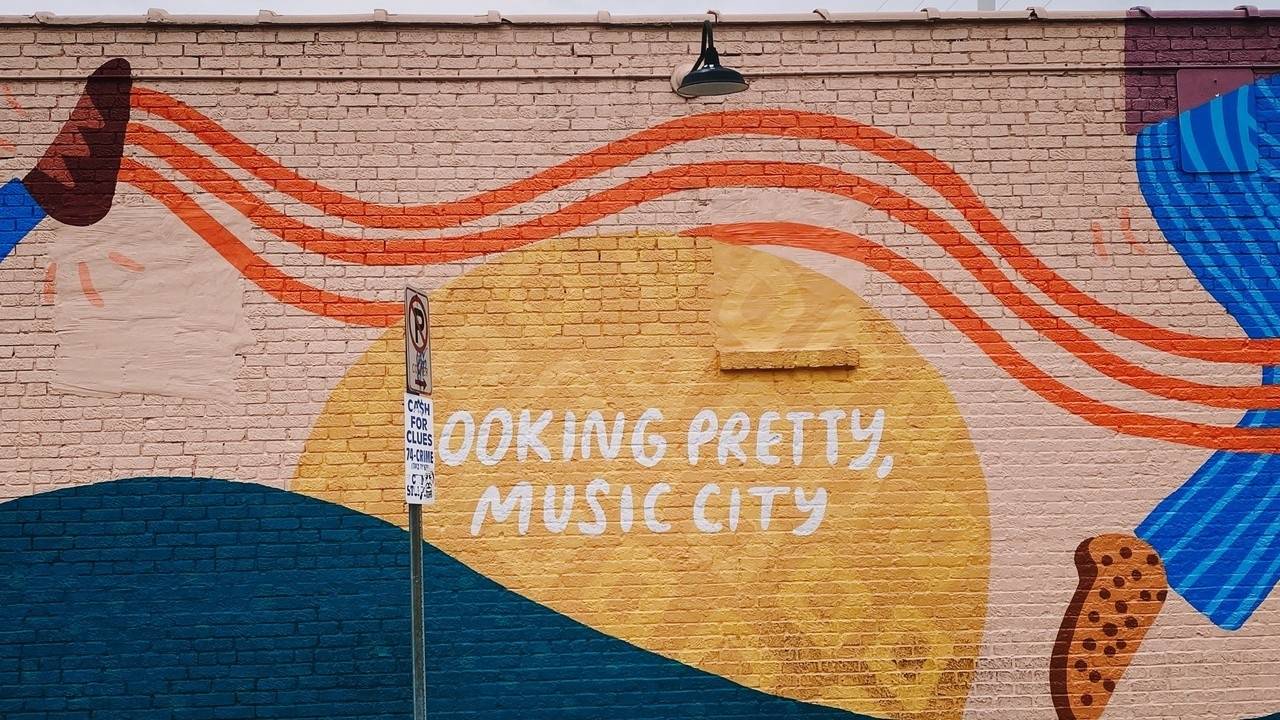
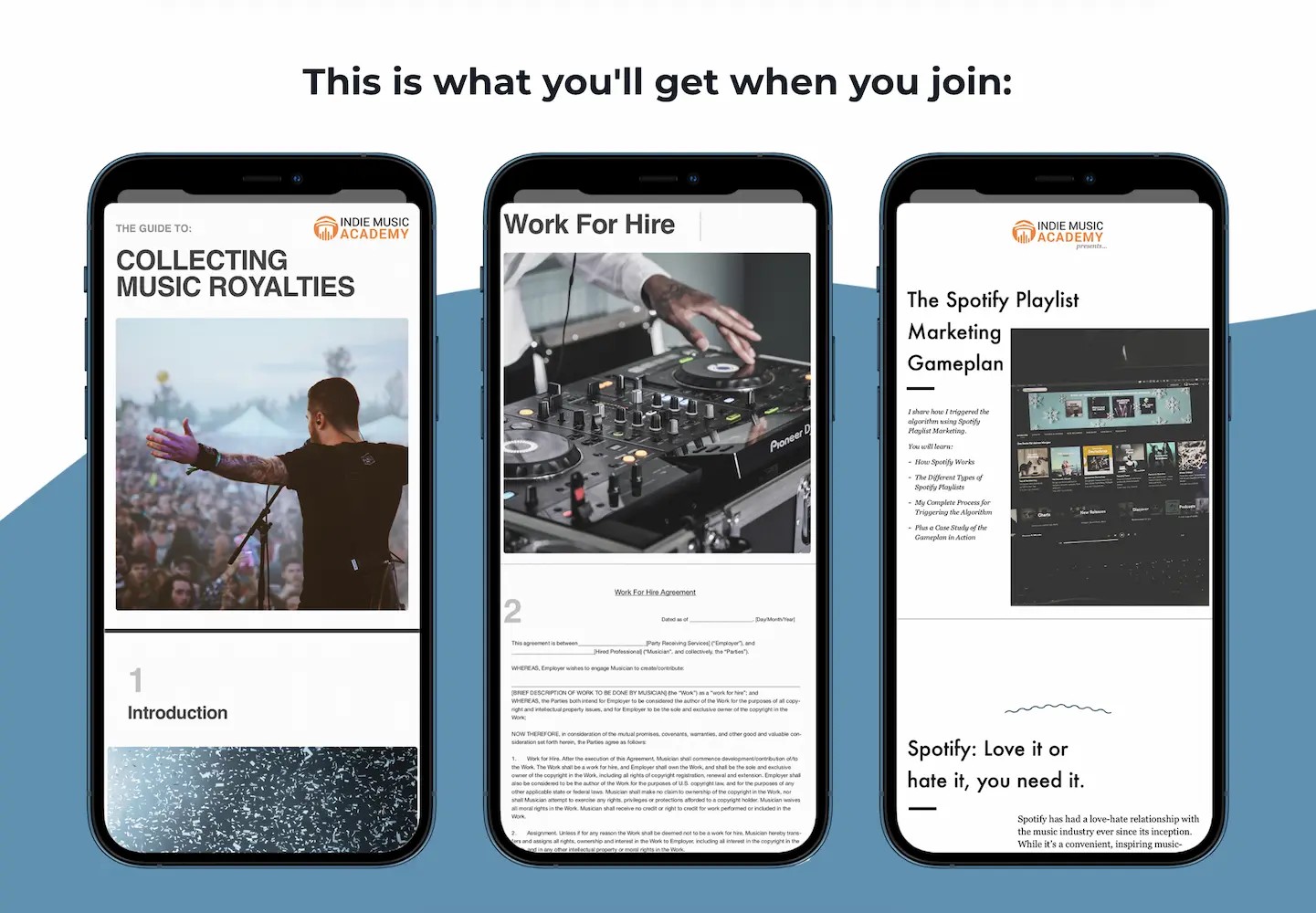
Post comments (0)